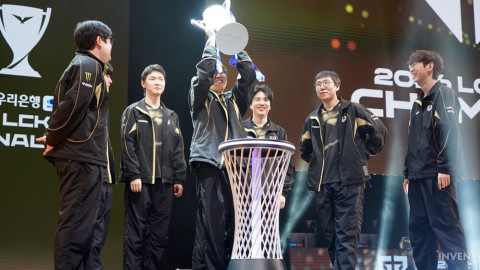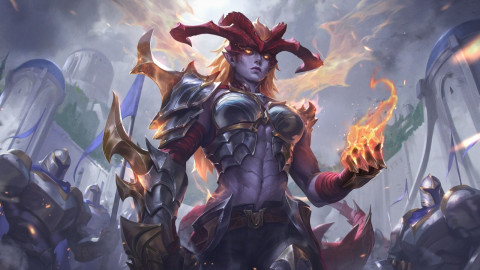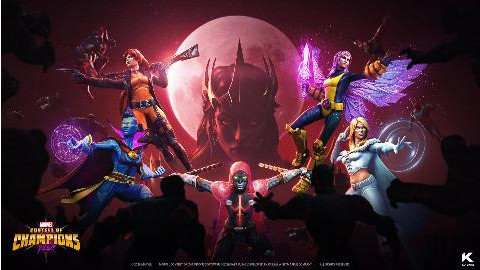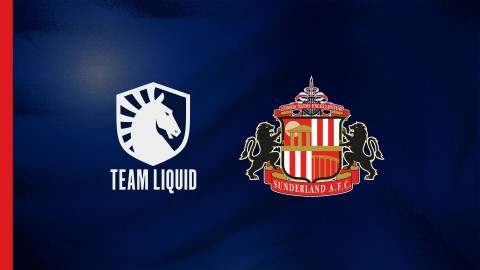
Last Tuesday, T1's legal team filed a lawsuit against those who wrote malicious comments toward Lee "Faker" Sang-hyeok. The esports scene hasn't been around for long, yet there have been plenty of vicious fans that didn't hesitate to write malicious comments online and even a handful of those who even threatened the players and teams.
Even in traditional sports, when a team underperforms, its fans can get frustrated. Some take action by calling teams and players out or criticizing them. There are occasional rocks through windows as well. When these emotions work with the anonymity of the internet, the severity of their words tends to intensify — especially when it comes to esports. Since they're played on the computer and watched through online platforms, it's much easier to comment and leave their frustrations in harsh and toxic words.
The players can come across these comments, but usually, they just pass by and try not to let the negativity get to them. While most of the negative comments only criticize the players’ performance (which is common in any sport), some get on a personal level. This is where the line is drawn. Constructive criticism may be beneficial to the players, but indiscriminate insults and comments can do severe damage to their mental state.
While this behavior is more tolerable according to US law, there’s a more strict, specific law about contempt in Korea that can punish online insults or malicious comments and many related cases. The law clauses are quite complicated, but to simplify, malicious comments and insults can be punished through civil lawsuits if all three of the following conditions are met:
1) they’re open and notorious
2) the object of the insult is specified
3) the object is clearly insulted (in this case, it should be generally accepted as an insult in society).
This means that if someone openly and toxically insults Faker or any other specific subject on an internet community, they can be punished by law. If convicted, the guilty will be punished by article 311 of the criminal act, which says, “A person who publicly insults another shall be punished by imprisonment or imprisonment without prison labor for not more than one year or by a fine not exceeding two million won.”
*2M KRW ≒ 1,520 USD

In Tuesday’s lawsuit filed by T1 and Faker’s legal team, they focused on the continuity and severity of the online insults. Up to now, T1 and Faker held back and endured everything, but this time, they dealt with the situation to protect their players. They mentioned several times that the lawsuit will be towards those who continuously and severely harassed Faker. The team also said that there will be no plea or settlements.
Taking legal action against malicious comments has been quite common in Korea. The day before T1 filed the lawsuit, KT Rolster released a statement regarding online toxicity and threats, such as posting severe insults and false information towards the players, sending images of weapons to the players/coaches/organization, and delivering a weapon in a box to the team facility. In their statement, they said that the members of the organization have become anxious due to the threats and that if situations get worse, they will take further measures.

Although not in the esports scene, BigHit Music filed a lawsuit last year to protect BTS and their artists. In their statement, BigHit Music said, "We are taking legal action against those who posted malicious posts such as defamation, severe insults, sexual harassment, false information, malicious criticism, etc." and mentioned that they will continue the battle against this behavior onward.
As the popularity of esports grows each day, more people get immersed in the world of esports, cheering teams and players on. But at the same time, there are more toxic fans as well. In the past, teams and players endured the blows — taking little to no actions against the toxic behavior. The toxicity, however, has worsened. With the bigger measures and more teams saying "no more" to toxicity and proving their words with legal action, here's to hoping for a healthier sports culture.
Sort by:
Comments :0







